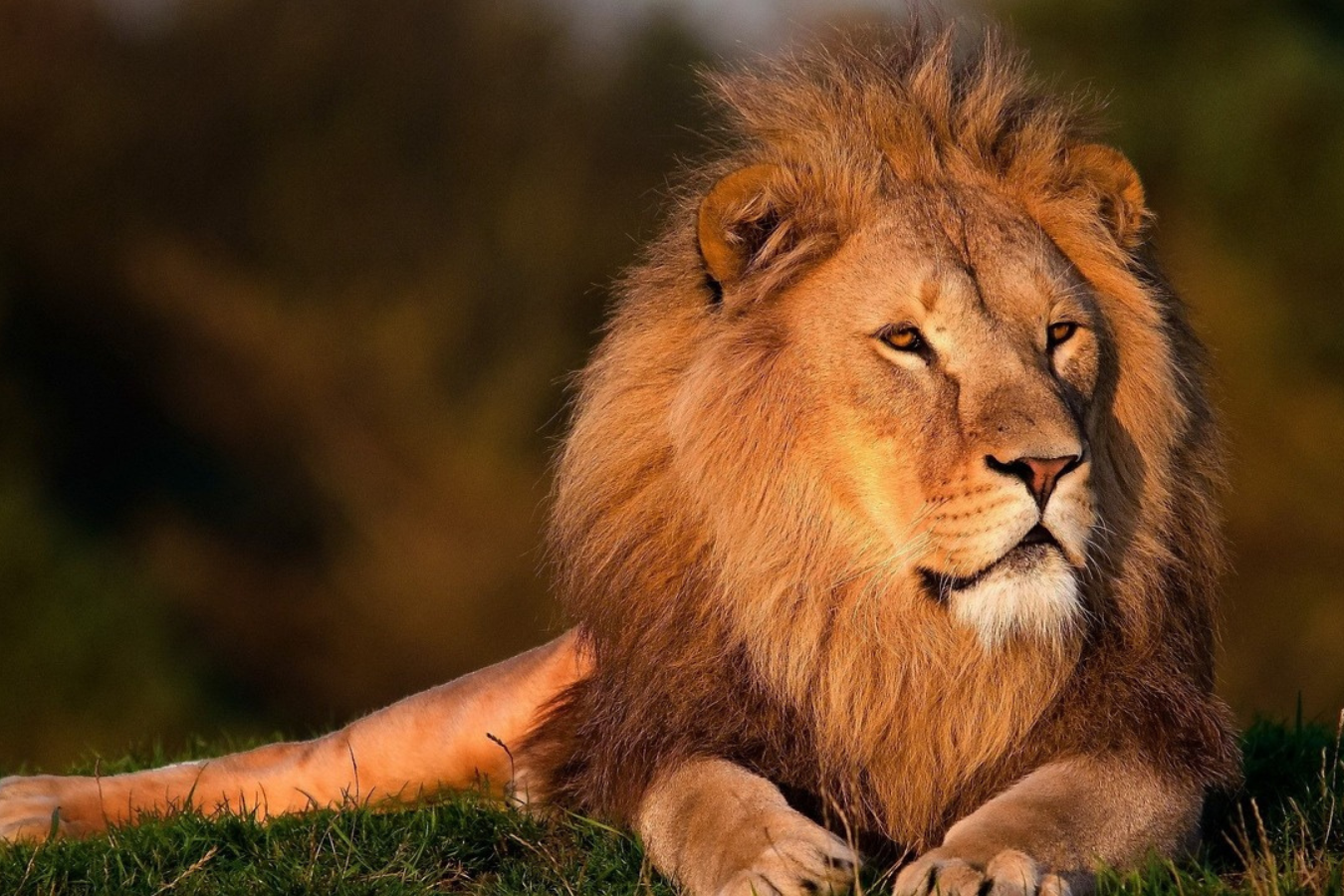Kruger National Park is home to the world's largest lion population. However, recent studies show that it is not the most feared animal in the park, but humans.
Kruger National Park is South Africa's largest game reserve and one of Africa's first protected areas. In addition to a wide variety of large mammals, it has the largest lion population in the world, although it seems that it is not the most feared species, but the humans themselves who illegally hunt the animals in the park.
The local hunters are often armed and accompanied by barking dogs to drive the prey towards them. Like the lions, humans who engage in such illegal practices often kill their prey at water points.
Investigating illegal hunting
Researchers hid a loudspeaker near these water points and played the following sounds: lion vocalisations, hunting dogs, gun shots and quiet conversations of local humans. The results were very convincing: wild animals were twice as likely to run and leave the water points with the humans than with the lions. Above all, it was human vocalisations that instilled more terror, even more than gunshots.
This was true for all species, including giraffes, leopards, hyenas, zebras and even elephants. When elephants hear the sound of lions, instead of running away, they gather to protect the smaller ones and confront these predators. When it comes to humans, however, even the giant of the savannah cannot help but flee.
The animals of the Kruger National Park are no exception. Across the globe, studies have produced similar results: wild animals fear humans much more than other predators, even in protected areas. This is not surprising when you consider that across the planet, the lethality of humans is higher than that of any other species. We are the great predator.

Fear of humans and its ecological consequences
Humans not only affect animal populations through hunting, but also through the fear they instil. There is ample evidence that fear of humans has an impact on ecosystems. Among other things, it modifies the movement of animals, causing them not to access valuable resources. As in the case of the experiment above, where animals leave water areas even in the dry season.
Fear of humans reduces the growth rate of populations and causes a cascade down the food chain, even affecting vegetation. For example, a study conducted in the Santa Cruz Mountains of California found that cougars prefer to kill their prey away from human settlements. This creates a refuge for deer, which double their presence in areas close to humans and, as a consequence, the vegetation also changes.

Implications for wildlife tourism
If animals perceive humans as a threat and change their behaviour, we must ask to what extent wildlife tourism can negatively affect conservation.
In the Kruger National Park study, wildlife did not differentiate between benign humans, such as tourists, and hunters. It is therefore possible that tourists may also have an ecological effect. This poses a dilemma in countries where nature tourism is a powerful ally of conservation. As several authors explain:
In rich countries, protective measures such as area closures and other restrictions on tourism have been implemented to minimise wildlife exposure to humans for conservation purposes. Such restrictions pose a management dilemma in protected areas, which rely heavily on tourist revenues for funding.
However, there is also a positive side, as the fact that rhinos fled and left water points when they heard humans shows that this technique could be used to deter rhinos from occupying areas where they are at increased risk of poaching.

Ideally, however, poaching should cease and, over time, animals should lose their fear of humans. On his visit to the Galapagos Islands during the voyage of the Beagle, Darwin was surprised to discover that he could approach birds without them flying away, and proposed that fear of man is an acquired instinct: There is hope that we can change our relationship with nature.













